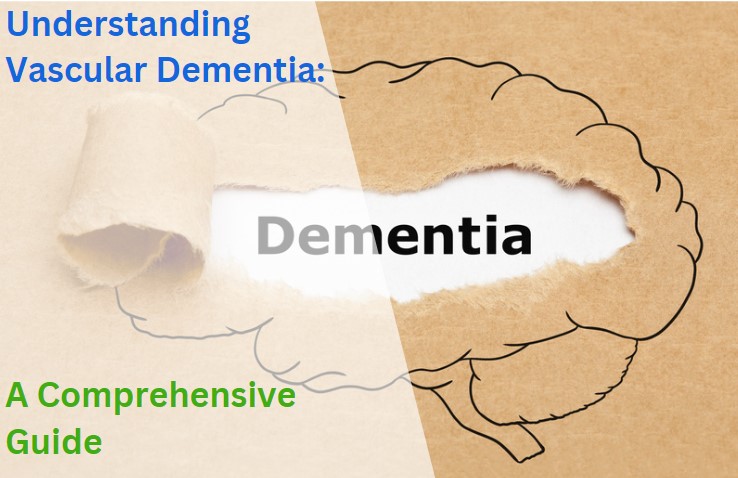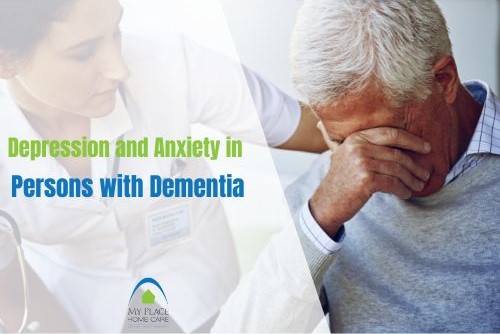The Benefits of Personalized Dementia Care at Home: Why Ottawa Families Prefer It
Caring for a loved one with dementia can be overwhelming, but Dementia Care at Home provides a compassionate solution. Many Ottawa families prefer Dementia Care at Home in Ottawa because it offers personalized support, familiar surroundings, and an improved quality of life. If you are searching for Dementia Care at Home near me, this guide will help you understand its benefits and how to choose the right provider. Why Dementia Care...
Understanding Dementia Care: Essential Tips for Families in Ottawa
Caring for a loved one with dementia can be an emotional and challenging experience. If you’re a middle-aged adult seeking dementia care services for your aging parents in Ottawa, it’s crucial to understand what dementia care entails. Whether your parent has recently been diagnosed or you’ve been managing their care for some time, knowing the right steps to take can improve their quality of life and reduce your stress as...
Comprehensive Dementia Care in Ottawa: How My Place Homecare Supports Independent Living for Loved Ones
Dementia care is a journey that requires patience, empathy, and the right approach. At My Place Homecare in Ottawa, we know that the essence of caring for a loved one with dementia goes beyond just physical needs; it includes emotional support, meaningful connections, and a focus on independence. Our mission is to enhance life for those affected by dementia, offering families peace of mind and empowering clients to live their...
Empowering Families in Kanata with Personalized Dementia Day Programs by My Place Homecare
Caring for a loved one with dementia brings emotional, mental, and physical challenges for families. With memory loss, mood swings, and behavioral changes, dementia impacts every facet of life for those affected and their caregivers. In Kanata, My Place Homecare stands out for its dedication to providing compassionate, expert care that enhances independence and well-being. Our PAC-certified dementia day program offers a personalized approach to support individuals with dementia, offering...
DEMENTIA BEHAVIOURS: SUNDOWNING
Sundowning, also known as late-day confusion, is a common behavior associated with dementia, particularly in the mid to later stages of the condition. It refers to a set of symptoms that worsen in the late afternoon or evening, causing increased confusion, agitation, restlessness, and even aggression. Understanding and managing sundowning can help ease the distress it causes for both individuals with dementia and their caregivers. Characteristics of Sundowning Sundowning can affect each...
ADVANCES IN DEMENTIA RESEARCH: A GLIMPSE INTO THE FUTURE
Dementia, a condition that affects millions worldwide, has long been a challenging area of research and treatment. However, recent developments offer new hope and promise. Let's look at some of the most exciting advancements in dementia research that could transform how we understand, diagnose, and treat this complex condition. Revolutionizing Diagnostics with Biomarkers One of the most significant strides in dementia research is the advancement in diagnostic tools. Traditional methods of diagnosing...
UNDERSTANDING VASCULAR DEMENTIA: A COMPREHENSIVE GUIDE
Vascular dementia is the second most common type of dementia after Alzheimer’s disease, affecting millions of people worldwide. It arises from problems with the blood supply to the brain, which can lead to cognitive decline and other symptoms. Understanding this condition is crucial for effective management and support. In this blog, we’ll delve into what vascular dementia is, its causes, symptoms, and how it can be managed. What is Vascular Dementia? Vascular...
AN IN DEPTH LOOK AT LEWY BODY DEMENTIA
Lewy Body Dementia (LBD) is a complex and progressive neurological disorder that is one of the most common types of dementia. It affects an estimated 1.4 million individuals in North America, though it is often underdiagnosed or misdiagnosed due to its overlapping symptoms with other neurodegenerative diseases such as Alzheimer’s and Parkinson’s disease. This blog will provide a comprehensive overview of Lewy Body Dementia, including its causes, symptoms, diagnosis, treatment...
HOLISTIC AND ALTERNATIVE APPROACHES TO DEMENTIA CARE
Dementia care traditionally focuses on medical treatments and therapies, but holistic and alternative approaches are gaining recognition for their potential to improve quality of life for individuals with dementia. These approaches emphasize overall well-being, incorporating physical, emotional, and spiritual health. In this blog, we will explore various holistic and alternative methods that can complement conventional dementia care. Music Therapy Overview: Music therapy involves using music to address physical, emotional, cognitive,...
Persons with Dementia, Depression and Anxiety
Overview Depression and anxiety symptoms are extremely common in persons with dementia and mild cognitive impairment (MCI). As a result of these symptoms, many people with dementia experience a decrease in their quality of life. Depression and anxiety may lead to disengagement from daily activities, which may further exacerbate memory difficulties. Why is depression common amongst persons with Dementia? Generally, the causes of depression are similar to those without dementia. However, if...
- 1
- 2











